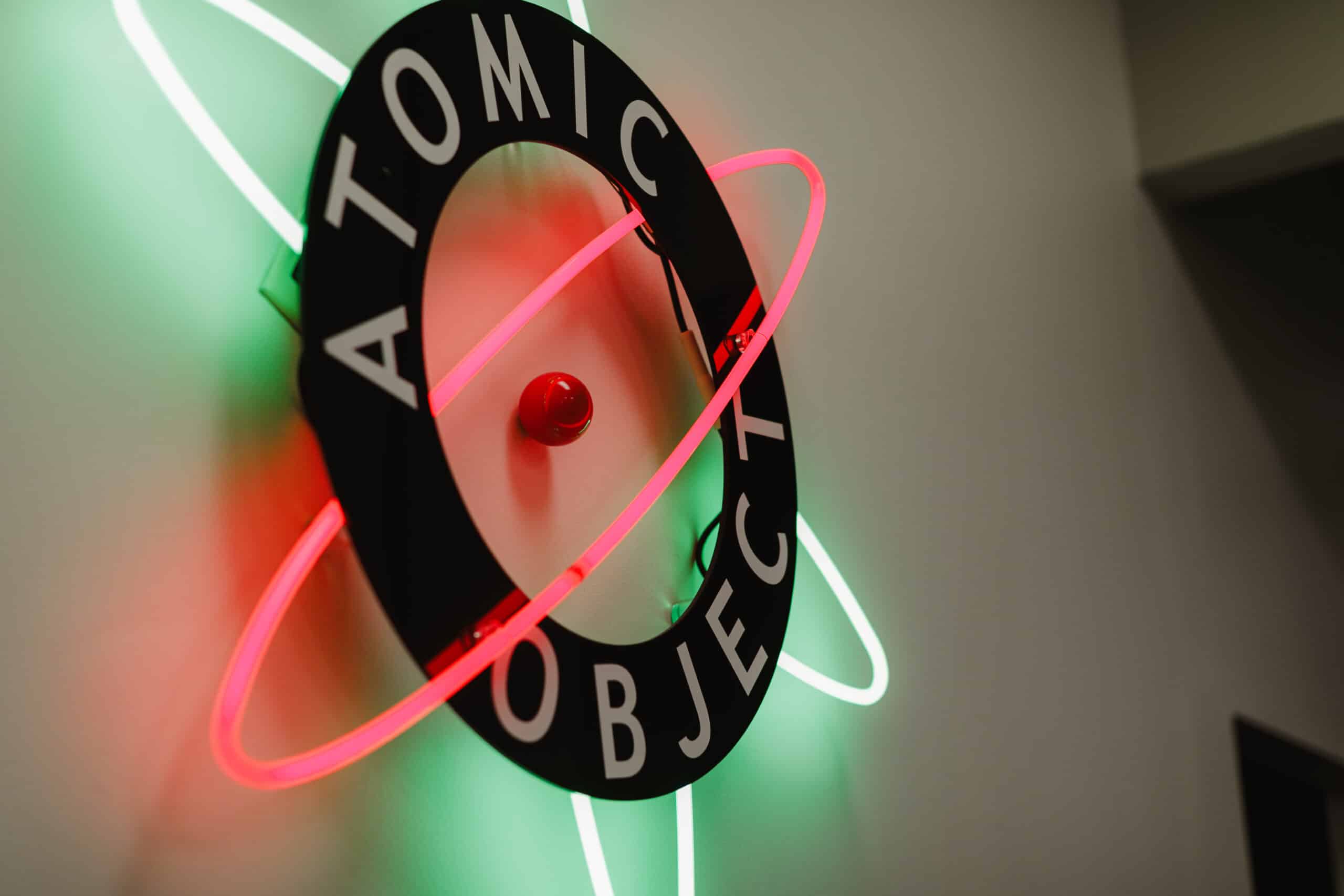Article summary
During the hiring process, job seekers sometimes doubt their abilities despite being perfectly qualified for the jobs they’re applying to. We can be self-critical and think, “Am I good enough for this job?” or, “Will they like me?” Instead, I’m challenging you to flip the script and focus on yourself. Ask yourself valuable questions like,“Do I like the culture of this company?” and, “Would I fit in and thrive here?”
In doing so, you are making sure the company is a good match for you, rather than focusing on if you’re a good match for the company. Meta-analyses reveal that employees who share the same values as their employer are more devoted and satisfied and less motivated to leave.
Why should I consider company culture?
During the arduous process of job-seeking, we can get so caught up in the work that we forget to ask ourselves the most important question about a potential job: “Will I actually like working at this company?” In the end, if a potential employer is a poor cultural fit and doesn’t align with your values, the job offer is only as valuable as the salary. Having a strong connection with the culture of your company is an immeasurable benefit to your career and enjoyment of your work; if you hate your workplace, you’ll earn every penny you take home.
Here’s a hyperbolic example: Say you’re offered an annual salary of $300,000 a year to work at Boring, Inc. At this company, the culture includes a dress code that is business beige, outdated processes as the norm, discouragement of creativity, and mind-numbingly boring work. Would you be happy? I believe it would be tough, no matter the salary! If the interview process really rubs you the wrong way, you might hate that job as much as someone working at Boring, Inc.
So, what exactly is “cultural fit?” Culture fit refers to how someone’s values, work style, belief system, communication style, behaviors, and goals align with the company’s. A proactive approach to learning about a company’s culture helps you make an informed decision for your career. Here are four things I kept in mind while I was interviewing at Atomic Object just a few months ago.
Ask the tough questions. The interview goes both ways.
During my interview process, one of my colleagues asked if I had any questions for them and then said, “You’re interviewing us, too.” I went 🧐 🫢 as I realized that every other company I’d interviewed with hadn’t been so thoughtful in that way. To me, it meant they were not only looking to fill a role. Instead, they were also looking for someone who would feel engaged, included, and fulfilled working at Atomic.
Here are some of my favorite questions to ask my interviewers and the employees I can chat with.
- Value Alignment: How are the values of the company demonstrated in daily operations?
- Team Traits: What’s one trait you see in all your colleagues?
- Job Satisfaction: What’s your favorite part about working here?
- Organizational Structure: What is your company’s organizational structure? Is there a strong sense of hierarchy?
Pay attention to the company’s mission, values, and overall purpose.
Thoroughly research the company’s website, Glassdoor profile, social media accounts, and annual reports or press releases. If you do, you’ll get a better idea of that company’s culture. Closely analyze the mission, goals, and core values of the company, as well as the products or services offered. Self-reflect and ask yourself questions like “Do these ideas align with my personal philosophies?” and “Does the company mission resonate with me in any way?”
Gauge employee engagement and well-being.
Take note of the team dynamics you encounter during the hiring process. Don’t just look for red flags — look for green ones too. If you notice laughter or spontaneous brainstorming sessions, these are positive signs. Evaluate the overall enthusiasm of the employees you meet throughout the interview process. Ask yourself “Do these people look happy?” and look for indicators that suggest the company prioritizes employee well-being, professional development, and a good work-life balance. Are employees recognized for their work, and in what ways? As you talk to them, do they seem motivated and satisfied by what they do for over 40 hours a week?
Consider that you might not fit in, and that’s okay.
I am not referring to the feelings of imposter syndrome — I am referring to a culture clash. As the hiring process progresses and you invest more and more time, you may naturally start to think “I need this job. I earned it! I put so much time in – I must get it!” The problem happens when, deep down, your gut tells you that you’re not a cultural fit with this work environment. It can be hard to accept, especially if the role itself aligns with your career goals. However, if you realize you won’t fit in, it’s best to accept that and cut your losses. It’s better than getting a job where you feel like an outsider.
Your Culture Fit Checklist
🔍 Research: Dig into the company’s mission, values, and work environment.
🙋 Ask Questions: Go beyond job responsibilities; inquire about company culture.
👀 Observe: Look for employee engagement, team dynamics, and overall well-being.
🦻🏻Listen to Your Gut: If something feels off, don’t ignore it. Even if you spent a lot of time on the interview process, it may be in your best interest to decline an offer.
Finding the right cultural fit is an essential but often overlooked part of job searching. Don’t underestimate its importance in your long-term career satisfaction and how it enables you to thrive and have a meaningful impact. Be proactive through research, asking the hard questions, and listening to your gut to ensure you make the right choice. Your future self will thank you.

